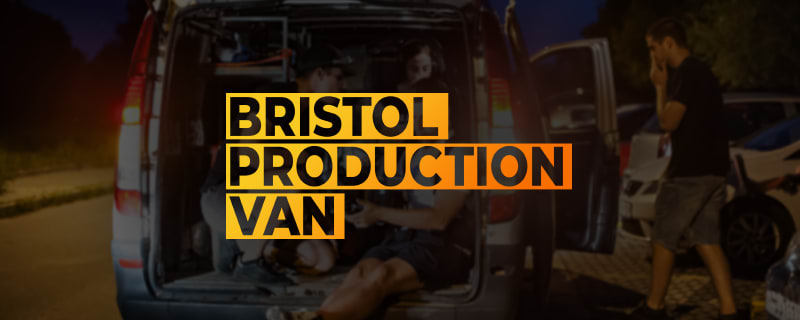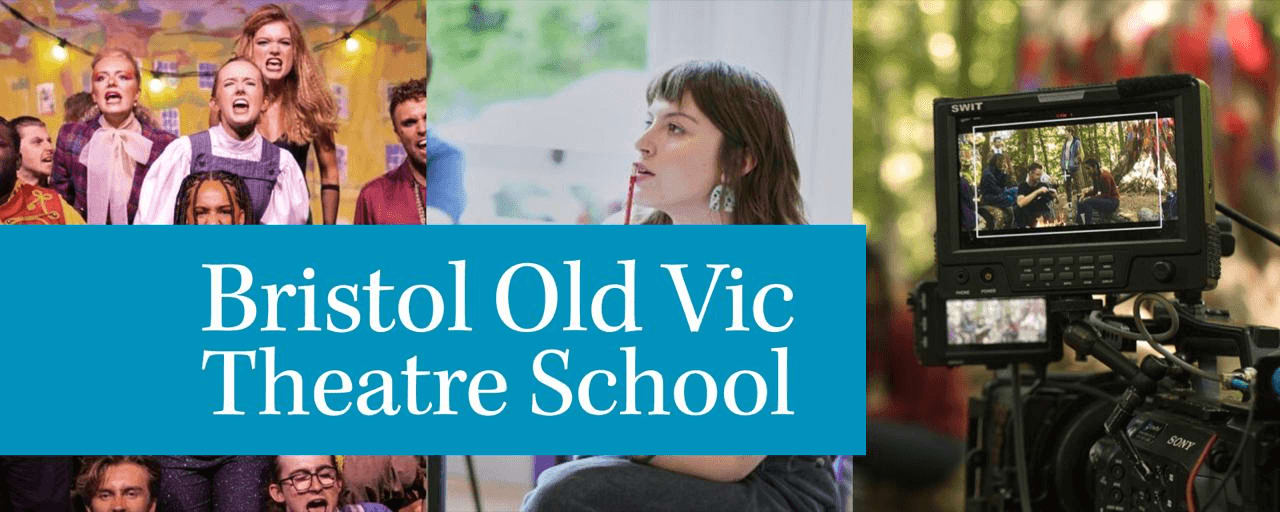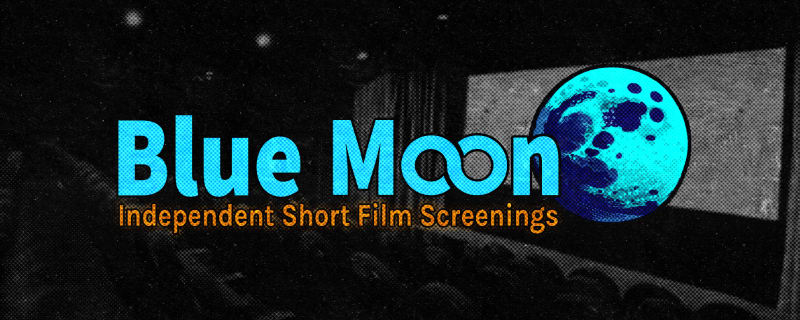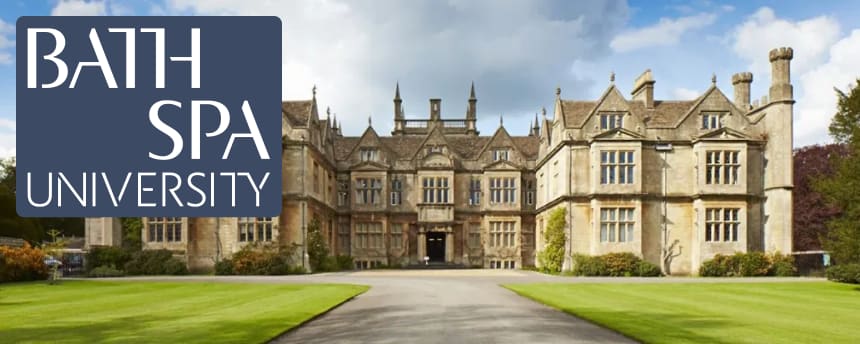

All is Lost (Short film, 2020)
Pre Production
On the 4th October 2019, I first communicated my interest in the film with the Director
On the first day, the main thing I wanted was inter-department communication for the realism of the explosions, including the rubble and camera shakes. The director told me he had already considered these and spoke to a DOP who ended up continuing with the film.
We spoke immediately about the progression of the soldiers outside, this story would only be told sonically. I expressed my intentions for the gunshots to develop into more and more execution-like events. In the final film, there were fewer gunfights than in my head and only the penultimate was a similar execution to the ministers. I am happy with this as the density of the film already feels “at capacity”, and despite my original idea of having a second story in the sound, the final version respects the primary story.
At the time, the director was preparing to pitch and told me he intended to open on a black screen with a building static soundscape to make the minister's death feel inevitable. In my pitch, I included my interpretation of this opening, where you heard the approaching footsteps and the minister's door get thrown open, the version we now have with the full opening events lacks the foreshadowing however I feel that this works in favour of the film’s tone, and gives much needed context.
On October 12th. I met with the director again and sat down and planned the film. All of these notes were in my original pitch, being a little longer than this reflection. I also made a 4 minute 40 second script read with my intended sound effects, tone and music. I also included two videos showing effects I could easily do at home that I wanted to clarify from my written pitch. I wasn’t sure if my pitch would work as it didn’t follow the guidelines, but I’m really happy with it, I learnt a lot from choosing to do it like this, I had to think about everything that was planned to happen and more importantly try to make them. I was happy enough with some of the effects that elements of them made the final edit.
Around the 20th october, I was finishing work on an MA film and missed my first crew meeting. However, a BA3 helped me plan a good equipment list and script analysis, meaning I was far ahead of the schedule. During my pitch, I made an atmos and foley list, which I could adjust to the developed script. The fact I missed the first meetings was worrisome but the experience I had on set instead was a lot more useful to me and put me in a good place for the production week.
Production
My biggest setback was that my boom operator had contracted norovirus the week before and couldn't make the shoot. She gave prior warning and we had a replacement eager to join, however we had discussed a lot with her about the plan but not the replacement, who ended up staying for the whole shoot. The big thing I learnt here was that there is a lot that cannot be prepared for, the director asked me to talk through all the shots with my first boom operator and plan for all the shots we needed to do, all of this was lost when she was too ill to come to set, yet everything I had done with my new boom operator went very well despite having no prep. Here I realised you can over prepare, I was very apprehensive going into the shoot due to the overplanning I did that became irrelevant. I learnt that there are many things out of your control that it is more important to adapt to than prepare for.
My wireless boom had noise as it was evidently not equivalent to the wired version. This meant I chose to use the wired version, wasting a wireless adapter and radio mic kit needed for using it. From this I learned that wireless kits aren’t worth it unless wired equivalent and I don’t intend to use them unless it is for placeholder audio. I overbooked kit for this film, having a radio mic and boom for effectively no dialogue, a wireless option and a sound harness, all of which I thought would make my life easier but aren't necessary, and this isn’t an opportunity I would have in the industry and I should be planning now on the resource effectiveness of my equipment.
My biggest decision on set was what audio to record. This film, in retrospect could have been entirely MOS, there were two shots of him speaking, one of which didn’t have his mouth in shot, the shot used in the final cut didn’t see his mouth. I could have made the entire interior soundscape in post and I practically did but having the placeholder of the on set audio was beneficial. Although my over preparation for this film wasn’t harmful and was good practice, it was still a lot of time used for something that if in the industry, wouldn’t have sound.
Post Production
Post production for this film started before production. By this point, we’d decided on a 30 second introduction that eventually expanded to 1 minute and as this was independent of anything filmed I was admittedly lax about starting it. I was aware that I had months ahead of me and although true that my pre-production was one of the easiest of the departments, I still didn't make any headway for a few weeks, completing the first version during the end of the assembly cut and I wasn’t happy with it until the final week where I could add all the depth of voices, gunfire and explosions I’d learnt along the way. In the time I delayed, the editor made a version based on my plan that was a very good starting point.
During my pitch, I made a complex sound effect for constant distant explosions that I passed on to the editor. I also sent a few choice explosions that I liked.
When I got the first fine cut, the sound design was already ahead of where other films were in their last days thanks to the editor’s work. This gave me a good groundwork to build upon.
In the early stages, I focused on the plot relevant moments, like the light flickering off, the gunshot, the pin being dropped and the door being kicked. I was happy with these at the time but reworked them all with the depth I’d learnt later on.
The most daunting task, and one we left towards the end was the dialogue to be added. It always felt daunting and so many other effects of gunfire and footsteps were dependent on it. We never considered the fact we’d be looking for skilled voice actors later than production. As well as many crew and friends acting in the film, we asked several people with older voices although none were to the level we wanted.
The greatest thing this process has taught me was the layering of sound effects to achieve the depth of the film, I owe a lot of this to the feedback of my peers, who often pointed out the areas the film was lacking, like the impact of the explosions, made from debris and construction site sound effects. Some explosions lacked a “punchiness” that I eventually made an effect to add and then layered with various key explosions throughout the film to emphasize some of the narrative explosions, a technique that also enhanced the introduction piece when I went back and applied the same ideas to.
My one of my biggest struggles on this film was working to the music, I was unsure how loud and forward it should have in the mix, and I didn’t know any rules of music in film, often I’d feel very unsure about how music was impacting the film and had to ask my peers a lot about choices on volume or if I should fade between various renditions of the score, or layer a few at some points. When I was sent the stems, I struggled to know how to use them and ended up relying on the artist's mix. Truthfully I still feel out of my depth working a score into a soundscape although I’d be a lot more comfortable giving it a shot.
There were many times in the post production of the film that I thought I was finished just to add a small effect, often layering effects or adding dialogue, only to realise a new scope of the soundscape and need to go back and make many edits to bring it on par with the new effect. I feel much more capable as a sound designer after making this film and I’m happy I worked on a film with such an ambitious soundscape.
Credit
I worked on this project
Lewis Kane Wrexham/Bristol/Leeds, United Kingdom
I am an Independent Filmmaker focusing on Sound Design with experience in features, documentaries, short films and music videos.





